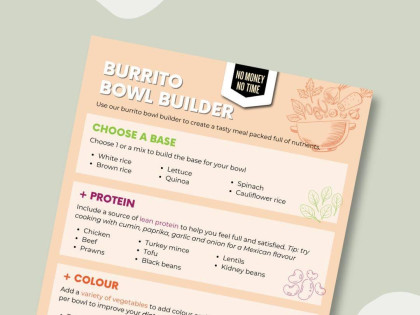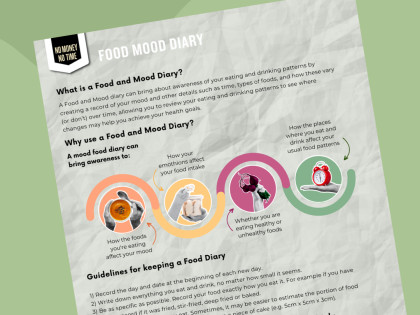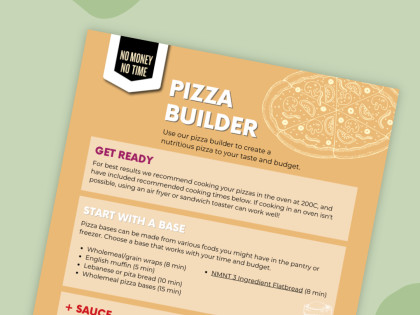In this conversation, Prof Clare Collins and Associate Professor Stephanie Partridge, The University Sydney discuss the topic of nutrition for young people. They cover the major nutrition issues and challenges young people face, including accessing healthy foods. The discussion covers socio-demographic factors that influence dietary patterns, the need for tailored nutrition messaging, and the role of families in supporting healthy eating habits. A/Prof Partridge emphasises the importance of addressing nutritional deficiencies and the impact of diet on mental health and wellbeing, while also introducing a research study aimed at improving nutrition among young people.
Interested in joining the Health4Life Parents & Teens study?
Calling all parents and carers of teens aged 11-15! Researchers at The University of Sydney want to hear from you. Receive a $60 gift voucher as thank you for taking part in an online, parent-based program, called “Health4Life Parents & Teens”, that has been co-designed with parents experiencing socio-economic disadvantage. This program was developed to ensure that all families have access to valuable resources for better health.
For more information about the study, visit Parents & Teens website
To see if you’re eligible, go to this link HERE
Watch this short video to learn more https://h4l.bio/videoS
Questions? If you have any questions, you can contact: Dr Lily Davidson at email: info@parentsandteens.org.au
No Money No Time: How to increase iron absorption in vegans & vegetarians?
No Money No Time: How do I increase my iron intake?
No Money No Time: How can the foods you eat effect your sports performance?
Butterfly Foundation: https://butterfly.org.au/













